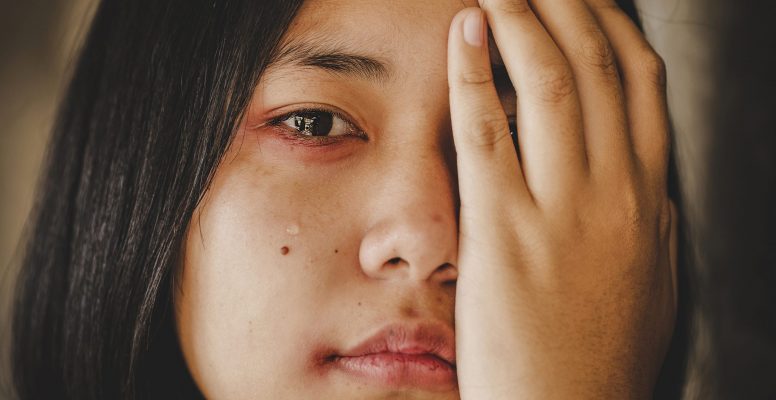Written By: Brett Trace, Clinical Trainee at ACS, Outlet Program If You’rea parent of a teen or someone who works with teens, odds are you’ve encountered teenage irritability. What may have felt like an easygoing, straightforward comment might cause your teen to become angry or withdraw from the conversation. Friends that they’ve had for a […]
Written By: Madeline Lee, Clinical Trainee at ACS, On-Campus Counseling Program EXERCISEhas many benefits beyond the improvement and maintenance of one’s physical health. Exercise can also act as a mental health tool or healthy coping method in that it can help improve mood, self-esteem, and work performance (Kunce & Wilfley, 1986) among other benefits. There […]
Written By: Dylan Lockey, Clinical Trainee at ACS, On-Campus Counseling Program For many, adolescenceis a period of intense change, be it physical, emotional, social, and cognitive. It can be simultaneously filled with the highs of endless possibilities and excitement over the future, and the low periods of doubt, frustration, anxiety, and intense stress. It is […]
Written By: Patricia H. Scherer, MS, Clinical Intern at ACS, On-Campus Counseling Program Growing up the child of immigrants can have numerous advantages for some individuals. Immigrant parents from many cultures, including LatinX, Asian, and Eastern European backgrounds, emphasize the importance of family, collectivistic values, and cultural and religious heritage, all of which can buffer […]
Written By: Alonzo Howard, BS, Clinical Intern at ACS, On-Campus Counseling Program negative thoughtsare the leading cause of future episodes of depression. Depressive episodes may occur at any point of the year. However, findings show higher rates of major depressive episodes during November and December. During this season there is an increase in conflict between […]
Written By: Patricia H. Scherer, MS, Clinical Intern at ACS, On-Campus Counseling Program The COVID-19 pandemichas been raising concerns about mental health around the globe. Research indicates that since the onset of the pandemic, psychological distress, including symptoms of anxiety and depression, have been rising in the general population. However, adolescents during the pandemic experience […]
Written By: Melissa Boutsy, Clinical Trainee at ACS, On-Campus Counseling Program adolescentsexperiencing grief may be at their most vulnerable point in their lives as they work through adolescent challenges and bereavement challenges. The grieving process in adolescents is similar to adults, but we must be mindful of the difference of expression that may show through […]
Written By: Wendy Ortiz-Rodriguez, Clinical Trainee at ACS, On-Campus Counseling Program SOCIAL MEDIAhas become popular over the years and it has become one of the main sources for communication and entertainment. As much as we love to scroll through our electronic devices and keep up with our favorite role models, friends, family and so much […]
Written By: Kyara Mendez-Serrano, Clinical Intern at ACS, On-Campus Counseling Program life as a teenagercan be a confusing time to navigate. It is a period in which folks no longer identify with being children, but they are not yet considered adults. In the midst of this journey, some adolescents might be experiencing the added pressure […]
Written By: Cristian Lemus, Clinical Trainee at ACS, Adolescent Substance Abuse Treatment Program TRADITIONAL MASCULINITYis a social construct that presents itself in many different forms across the world. In the U.S., masculinity typically embodies winning, hyper-sexuality, controlling one’s emotions, risk-taking, violence, dominance, and dislike of being perceived as gay (Mahalik et al., 2003). When masculinity […]










